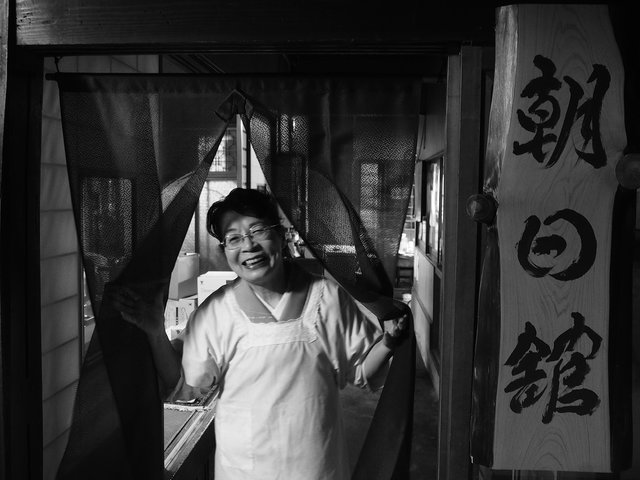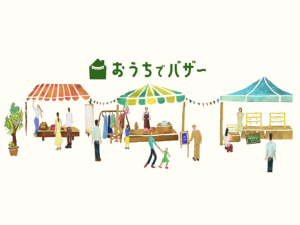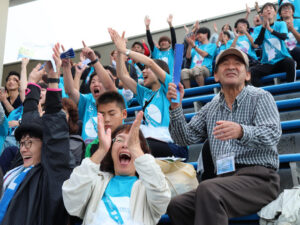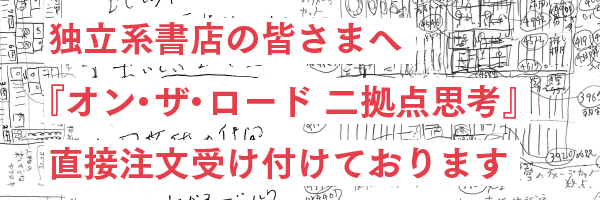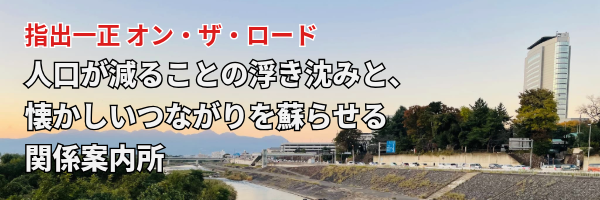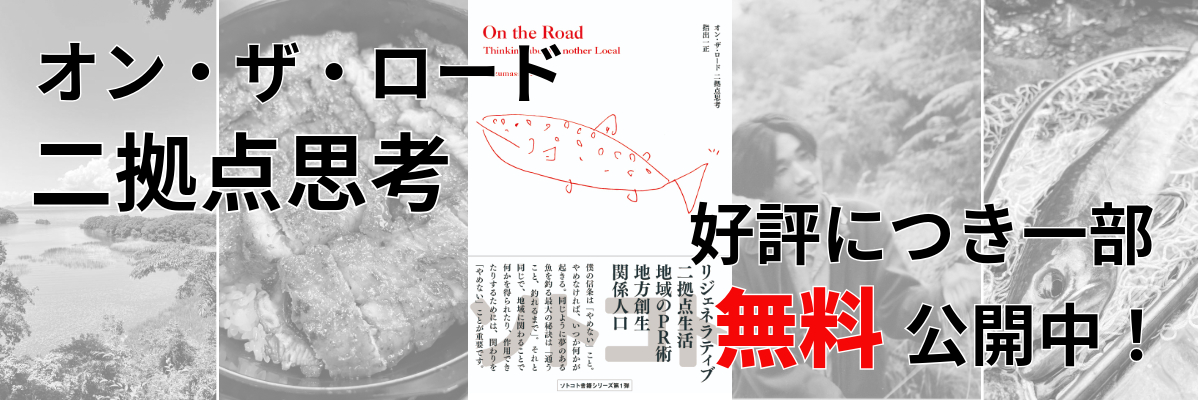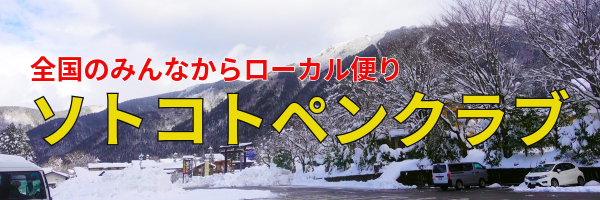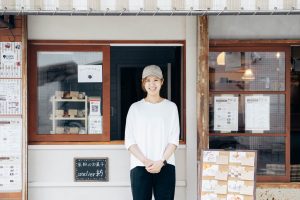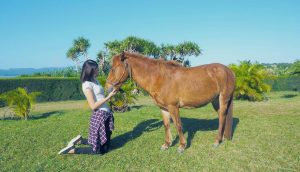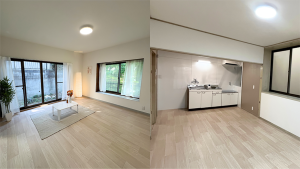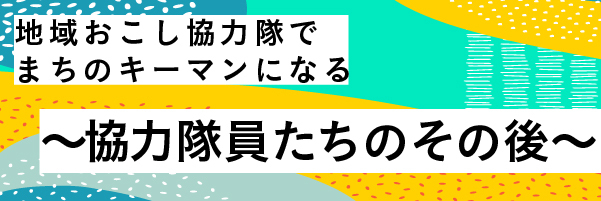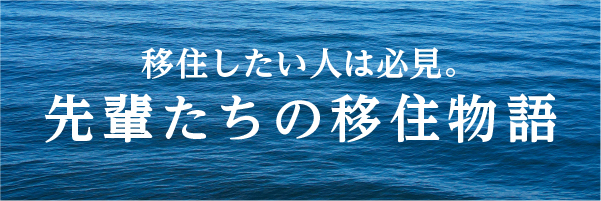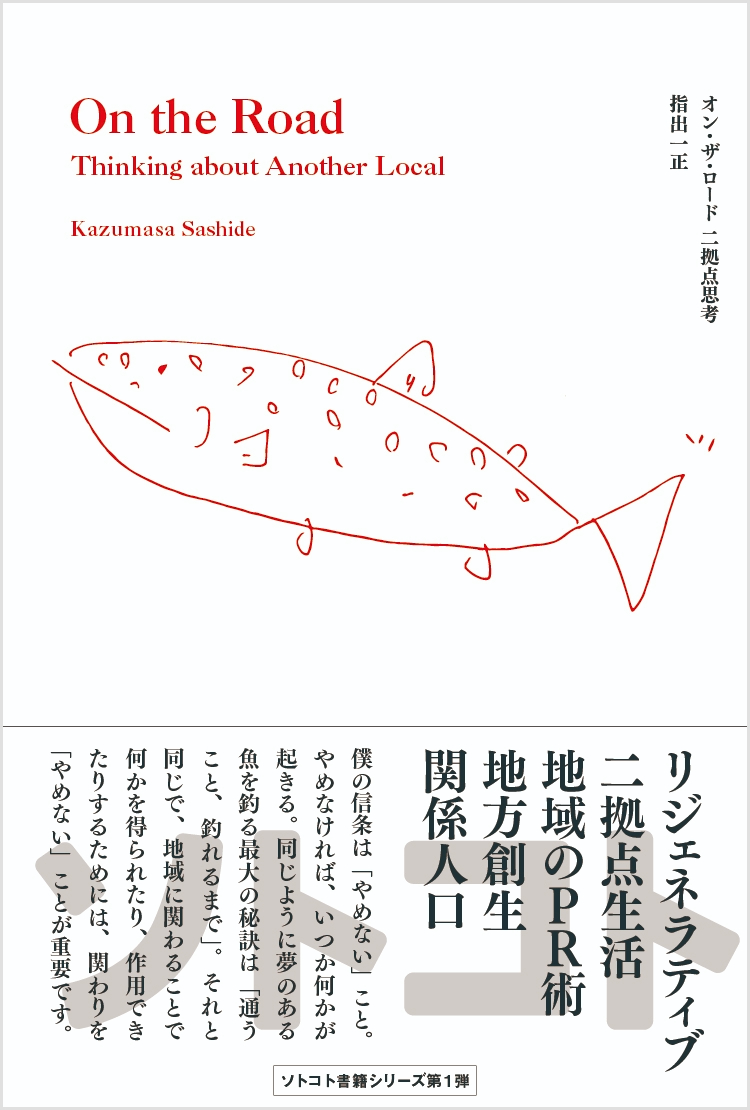朝日館の女将である辻芙美子さんは、ほとんどの村民から「女将さん」と呼ばれている。少し寒くなった秋の夜、朝日館のキッチンで僕は女将さんとテーブルを囲んで、修験道の行者について聞いていた。「大峰山で修行する行者は、山を登る前に精進料理で身を清めてね」と女将さんは言う。「修行が終わって山を下りてきたら、ここで『精進上げ』のご馳走でもてなす。魚や肉の料理がご褒美だね。修行中、そんなもんを食べられなかったから」。大峰山と伯母峰峠の麓にある柏木地区は宿場として栄えたが、今も営業しているのは朝日館だけだ。昔ほど賑やかではなくても、この古い町並みに下りてくる行者や登山者の多くは今でも朝日館に泊まる。
明治14年に創業した朝日館は山の斜面を使う「吉野建」で建てられた。2階に上っても、庭を見られるということで感激するお客さんが多い。木の窓枠に収まる大正時代に作られたという硝子は、薄くて微かな波を打ち、お客さんを別の時代へ招く。女将さんは木造の建物をそのままに残しながら、部屋の飾りや食事の料理で朝日館の懐かしい雰囲気を大切にしている。いつも上品な着物を着てお客さんを迎える女将さん自身も、その雰囲気に不可欠な存在だ。洋式便器や新規のコウヤマキの湯船を入れてもその大切な雰囲気が損なわれないように、女将さんは慎重に選んで設置した。
女将さんは毎年秋から代々受け継いできた柚子ようかんを作る。「火の調節など、コンロのほうが楽だけど」と女将さんはかまどを指しながら説明した。「私は昔ながらにこだわって、かまどの味をみんなに味わってもらいたいの」。昔のように、豆から作る。薪に火を点けて、大きなしゃもじで鍋を2時間近く搔き回し続ける。「手間暇かかっても、昔ながらのやり方で作っていけたらいいな」。お客さんの夕食や朝食でも、地元の川魚や野菜を使うようにしている。その手間のおかげで、お客さんは古き良き時代を五感で経験できるのだ。
パチパチと音がする薪ストーブの上にあるやかんが天井まで湯気を飛ばしていた。繊細な柚子の皮がピンク色のようかんの中から微かに光っていた。地元の番茶を啜りながら、女将さんとテーブル越しに話し続けた。女将さんの話し方が優しくて、茶色の髪が角度によって少し赤く見える。奈良市から川上村へお嫁に来た女将さんは元々都会の人だったが、田舎に憧れていた。「自然の中で子育てをするのが『いいやろうな』と思ってきた」。いつも朝日館の商いで忙しかったが、最近は山の四季を楽しむ余裕を持つようになっている。「今でも街の生活をしたいと思わないわ。いくら便利でも、不自由でも、田舎がいい」。
Vol.5 The Ryokan That Lets Us Forget About Time
As the okami (or “madam”) of Asahikan, Fumiko Tsuji is just called “Okami-san” by many residents of our village. On a slightly cold autumn evening, I sat with Okami-san at the kitchen table in Asahikan as she told me about Shugendo practitioners. “The practitioners purify themselves with a shoujin meal before climbing Mt. Omine to train,” she said. “When they finish their training and come down, we give them a shoujin’age celebration dinner. The fish and meat dishes are like a reward, since they couldn’t eat that while training.” Located at the foot of Mt. Omine and the Obamine Pass, the Kashiwagi district once thrived as a lodging community, but the only accommodation still in business today is Asahikan. Even if it is not as lively as it once was, even now, many of the practitioners and mountain climbers who come down to this old town stay at Asahikan.
Established in 1881, Asahikan was constructed in the yoshinodate style, making use of the slope of the mountain. Many guests are impressed when they see its garden, even after climbing up the second floor. The Taisho Period glass creates thin, faint waves that beckon the guests to a different era. While Okami-san has left the wooden building as it is, she also preserves the nostalgic atmosphere of Asahikan with room decorations and cuisine. Always greeting guests in her elegant kimono, she herself is also essential to that atmosphere. Even when she adds things like the western style toilet or the new koyamaki bath tub, Okami-san carefully selects them so as not to spoil that precious atmosphere.
Every autumn, Okami-san makes a yuzu yokan that has been passed down through generations. “That burner makes it easier to control the heat, but…” she explained as she points to the wood-fire pot. “I stick to how we’ve always made it, and I want people to taste the flavor of the wood-fire pot.” Just as they did a long time ago, she starts with the beans. She lights the firewood and continues to stir the pot with a large paddle for almost two hours. Even in the guests’ dinner and breakfast, Okami-san makes an effort to use local river fish and vegetables. “Even if it’s a little more trouble, I want to be able to make things as they’ve always been made,” she said. Thanks to that trouble, guests can enjoy the good-old days with their five senses.
The kettle on the wood fire stove continued to send steam up to the ceiling. The fine fragments of yuzu peels glistened in the pink yokan. Okami-san and I continued our conversation as we sipped local bancha tea. Her manner of speaking is kind, and her brown hair can look slightly red depending on the angle. Having moved from Nara City to Kawakami Village when she married, Okami-san was originally a city girl, but had a longing for the country. “The country felt like ‘Oh, it would be such a nice place!’ to raise children.” She was always busy running Asahikan, but recently she has had some time to enjoy the four seasons of the mountains. “Even today, I don’t feel like living in the city. No matter how convenient it is there, or inconvenient it is here, I like the country.”




